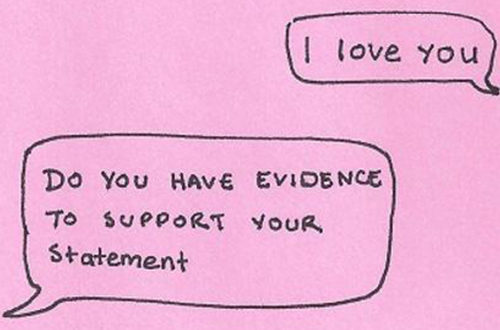As reported by Charleston’s ABC News 4, a probate judge ruled Mayor John Tecklenburg wrongfully took money from an elderly woman for whom he cares, despite his claims it was done for her benefit and that he had no idea it was improper.
Tecklenburg served as the conservator, or guardian, for Johnnie Wineglass, a 92 year-old former school teacher and community volunteer, who was a close family friend and former victim of financial scams. According to Tecklenburg, Wineglass’ finances were insufficient to sustain her medical and nursing home needs and, as a result, he was pressed to generate income for her.
His solution to that problem was (1) to take out three loans totaling $80,000 for himself and his wife, Sandy’s, business as well as (2) using $25,000 of Wineglass’ money to purchase a home out of foreclosure and “flip” it. As for the former transactions, they constitute conflicts of interest between himself and Wineglass, more specifically known as self-dealing. Additionally, all these transactions required court approval and it is unlikely the loans would have been condoned.
Although Tecklenburg paid back all three loans with interest, as well as the proceeds (and interest) from the sale of the flipped property, the judge appointed special conservators to investigate the transactions and opine as to Tecklenburg’s fitness to continue serving as her conservator.
Fortunately, these transactions did not result in any losses to Wineglass. While that may mitigate the degree of Tecklenburg’s culpability, it does not erase the breach of his fiduciary duties to Wineglass. The duty of good faith is inherent in and inextricable from one’s service as a guardian, trustee, executor, or attorney-in-fact. Accepting appointment in any fiduciary role should not be done lightly; one must understand or become educated on the myriad of responsibilities these positions of trust and confidence demand.
In many instances, it is preferable to have a qualified professional serve in those capacities for a number of reasons, not the least of which being that they often carry liability insurance for any unfortunate errors in judgment, negligence, or outright misconduct.
If you or someone you know needs help establishing a guardianship for loved one or have been the victim of a fiduciary’s misconduct, please call us at (704) 457-1010 to schedule a consultation. For more information regarding our firm, attorneys, and practice areas, please visit https://lindleylawoffice.com/.


